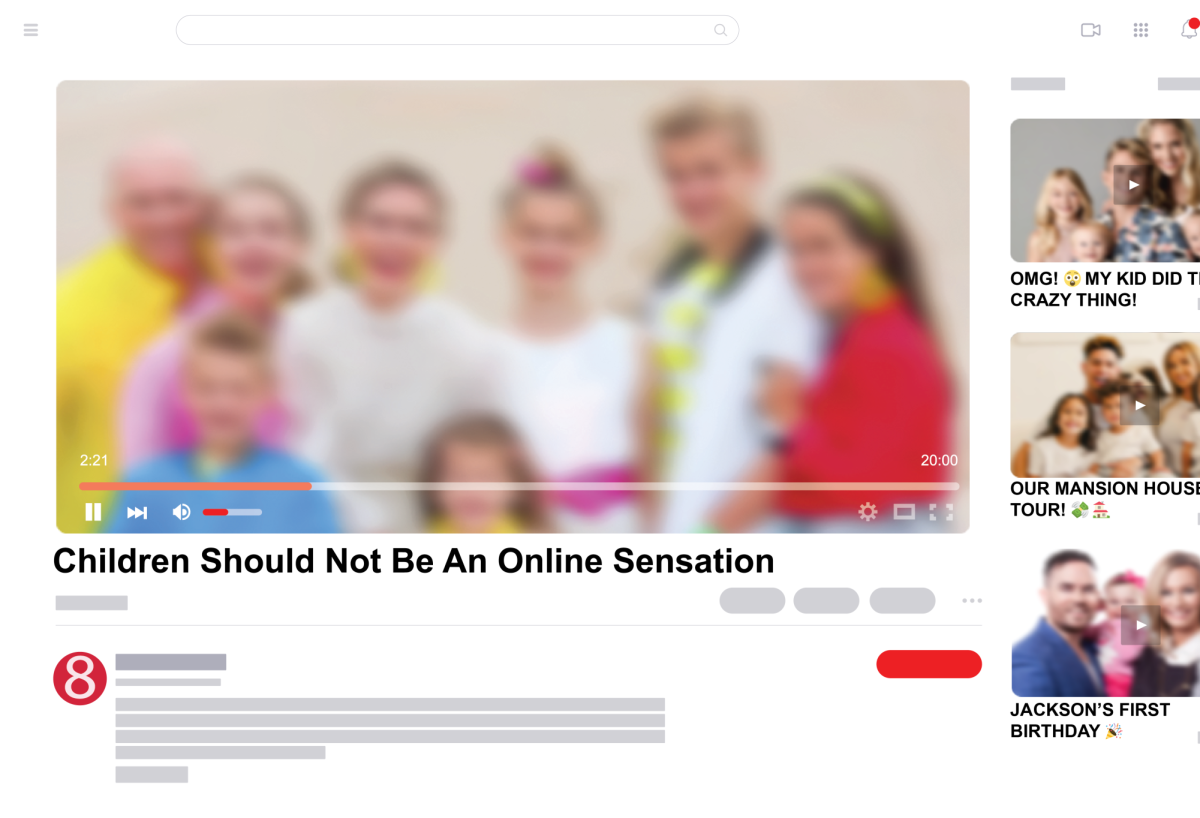In August, Ruby Franke, a former family vlogger and owner of the now-deleted YouTube channel called “8 Passengers,” was arrested for aggravated child abuse after one of her sons ran to the neighbor of her business partner Jodi Hildebrandt.
When the child showed up, the neighbor called 911 as he noted that the boy looked malnourished and had duct tape on his extremities. Police then found at least one more minor in similar condition at Hildebrandt’s home.
Previous to Franke’s arrest, viewers had raised many concerns about abuse and neglect based on her parenting style.
A video from 2020 caught audiences’ attention, as another one of Franke’s sons said he had his bedroom taken away and had spent the last few months sleeping on a bean bag chair.
Videos such as this one prompted viewers to try and send police to the home to check on the children. However, no charges came from these initial visits.
While it is great that Franke is now facing justice, her six children have had to endure this abuse on and off camera for years.
Family vloggers and “momfluencers” want to make audiences think they are perfect and have everything under control. However, that desire can result in a toxic culture behind the camera.
We often forget that the children on camera can sometimes be under a lot of pressure and often lose the privacy they would like.
On top of losing privacy, these children have no guarantee that they will ever see the monetary earnings from their exploitation.
California has the Coogan Law, which protects child actors and ensures that 15% of the earnings of the minor must be placed in a blocked trust account. Illinois is the only state to provide such assurance to child influencers.
Some family vloggers have tried to protect their children from the potential harms of growing up online.
Bobbi Althoff is one such “momfluencer” with 6.7 million followers on TikTok. While Althoff does post about motherhood, she also makes a point to not include her children’s faces or actual names in videos — she refers to them as “Richard” and “Concrete.”
In the beginning, however, Althoff freely shared details about Richard.
It wasn’t until TikTok videos with her daughter in them began receiving negative comments that Althoff deleted all content revealing the child’s identity.
Althoff publicly commented on the sudden change to her content, stating, “Richard is not always going to be my little girl. She’s going to be a person. I want her to have the opportunity to write her own story. I’ve decided to make it my job to entertain people but it’s not my kids’ job and I don’t want to make it their job.”
Parents like Althoff are trying to pave a new path for family content creation without the exploitation of children.
However, as far as typical family vlogging culture goes, we need to put a stop to it. Protecting children should be the top priority instead of trying to become an online sensation.

































































































































































